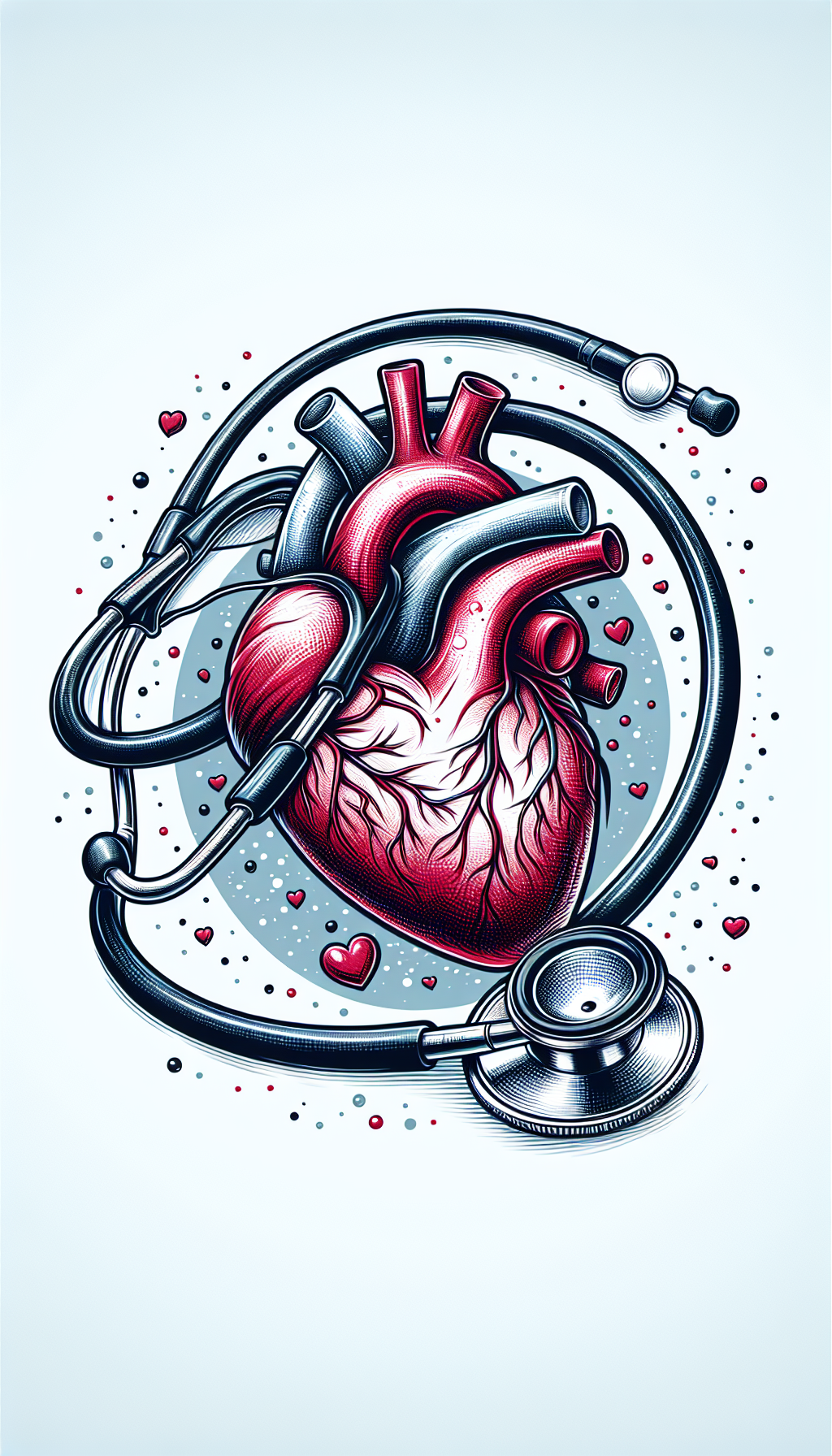Heart disease is often perceived as a condition that affects older populations, but its onset can begin much earlier in life, with symptoms and risk factors manifesting in young adulthood. Early identification and intervention are crucial for mitigating the long-term impact of cardiovascular disease and ensuring a healthier future. This article explores the early signs of heart disease in young adults, the importance of early detection, and strategies for prevention and management.
Understanding Heart Disease in Young Adults
Cardiovascular disease encompasses a range of conditions affecting the heart and blood vessels, including coronary artery disease, heart rhythm problems, and congenital heart defects. While genetics play a significant role in an individual’s risk, lifestyle factors such as diet, exercise, and stress levels significantly influence the development of heart disease.
For young adults, the warning signs of heart disease can be subtle and often overlooked. Symptoms such as unexplained fatigue, shortness of breath, irregular heartbeats, and chest discomfort should not be dismissed as mere inconveniences. These can be the body’s early alarm signals indicating underlying cardiovascular issues.
Recognizing the Signs and Symptoms
The early signs of heart disease in younger populations may differ slightly from those experienced by older adults. Key symptoms to be aware of include:
- Chest Pain or Discomfort: Often described as a pressure or tightness, this can be a sign of restricted blood flow to the heart.
- Shortness of Breath: Difficulty breathing during routine activities could indicate heart-related problems.
- Palpitations: An irregular heartbeat or the sensation of your heart "skipping a beat" can be an early sign of arrhythmias.
- Dizziness or Lightheadedness: These symptoms may occur if the heart isn’t pumping blood effectively.
- Fatigue: Excessive tiredness without a clear cause might signal the heart is struggling to supply the body with oxygen-rich blood.
These symptoms can occasionally be mistaken for less serious health issues, which is why they must be taken seriously, particularly if there is a family history of heart disease.
The Role of Lifestyle in Heart Health
Lifestyle choices have a profound impact on heart health. Exercise, diet, and managing stress levels are pivotal in preventing heart disease. For more information on how lifestyle impacts heart health, please visit our Cardiovascular Health section.
Physical activity strengthens the heart muscle, improves blood flow, and helps control weight and blood pressure levels. A balanced diet rich in fruits, vegetables, lean proteins, and whole grains while low in saturated fats, cholesterol, and sodium can reduce the risk of heart disease. Managing stress through meditation, yoga, or other relaxation techniques can lower blood pressure and improve overall heart health.
Early Intervention and Family History
A family history of heart disease significantly increases the risk of developing cardiovascular issues at a younger age. It is essential for young adults with a family history to be proactive about their heart health. Early intervention programs are critical in identifying and managing risk factors before they lead to more serious complications. For a deeper understanding of how family history affects heart disease and early intervention strategies, read about Preventing Heart Disease with Early Intervention in Family History Cases.
Cardiac Biomarkers and Health Evaluation
Evaluating heart health isn’t solely based on symptoms; it also involves understanding the role of cardiac biomarkers. These are substances found in the blood that can indicate heart muscle stress or damage. Healthcare providers can measure biomarkers to diagnose heart conditions, assess the severity of disease, and determine the effectiveness of treatments. To learn more about cardiac biomarkers and their role in evaluating heart health, refer to Evaluating Heart Health: The Role of Cardiac Biomarkers.
External Resources for Further Information
To expand on the points made regarding heart disease in young adults, here are some highly specific resources that offer valuable insight:
- American Heart Association’s Early Heart Attack Care – Education on recognizing heart attack signs.
- The Heart Foundation’s Warning Signs of Heart Disease – A detailed guide on symptoms to watch for.
- Centers for Disease Control and Prevention’s Heart Disease Facts – Statistics and information on heart disease in the U.S.
- Mayo Clinic’s Heart Disease in Women: Understand Symptoms and Risk Factors – A focused look at heart disease in younger women.
- Johns Hopkins Medicine’s Heart Health Screenings – Information on various heart health screenings.
The Impact of Silent Heart Attacks
Silent heart attacks, which occur without the classic symptoms of a heart attack, are particularly dangerous for young adults as they often go unnoticed. Understanding the impact and signs of silent heart attacks is essential for timely detection and treatment. To learn about silent heart attacks and their implications, explore Understanding the Impact of Silent Heart Attacks.
Conclusion
Heart disease in young adults is a growing concern that requires attention to early signs and proactive management. Recognizing symptoms, understanding the role of lifestyle factors, and seeking early intervention can make a significant difference in the outcome. By staying informed and vigilant, young adults can take the necessary steps to protect their heart health and lead a robust, fulfilling life.
For those seeking more information on managing heart health and the role of various factors in prevention and recovery, additional resources are available. Take the time to educate yourself and consult healthcare professionals to ensure your heart remains healthy for years to come.




Leave a Reply